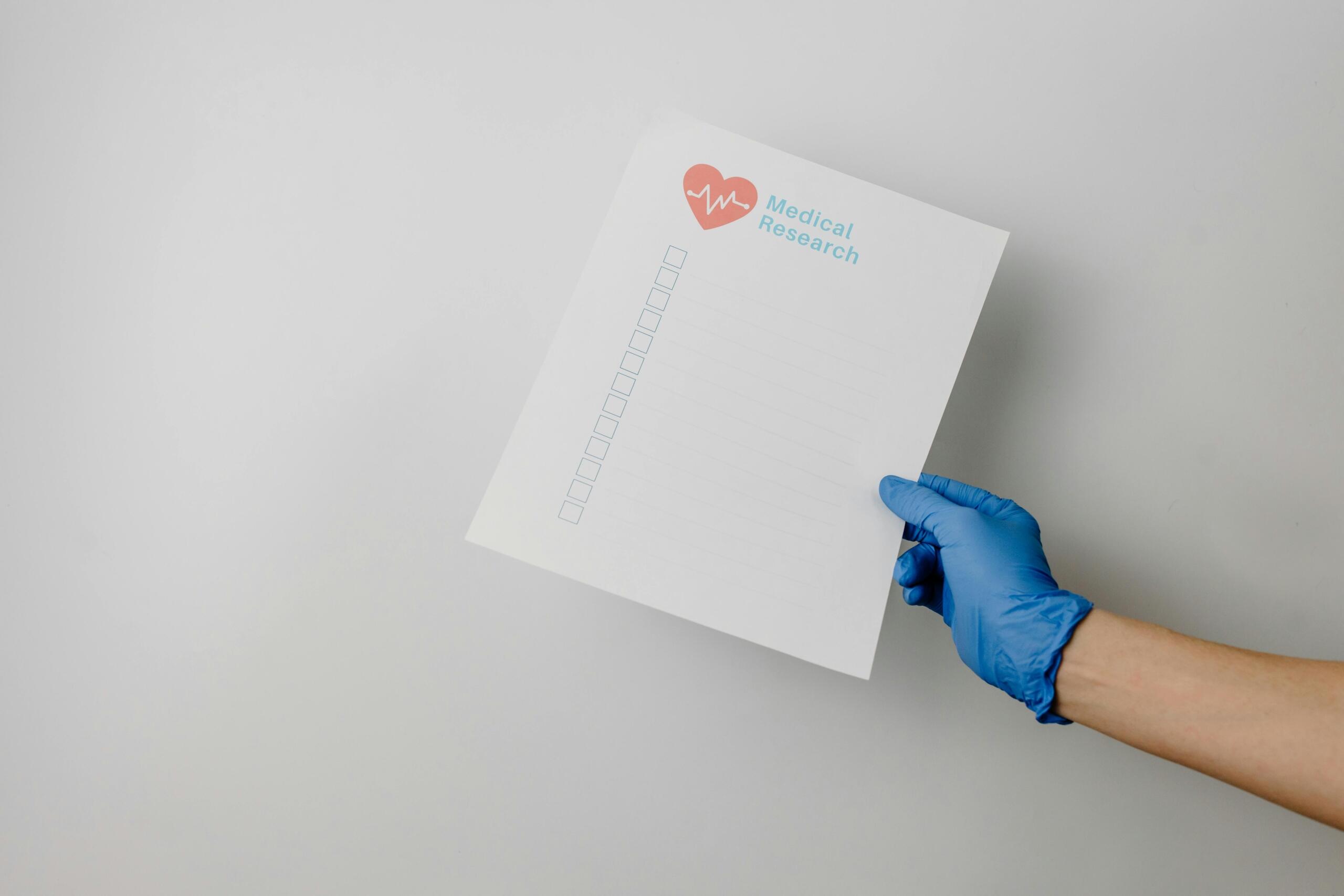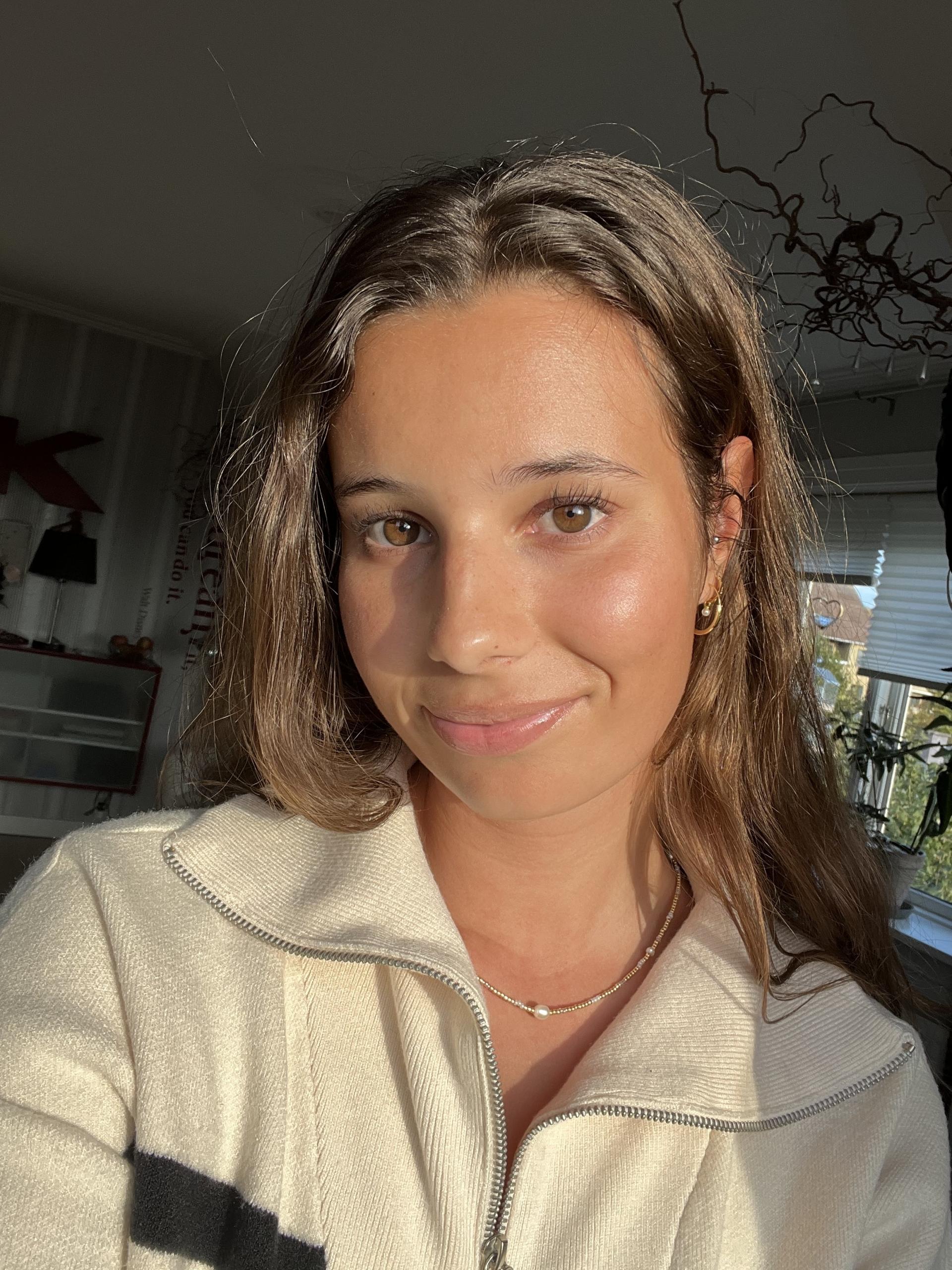If you’re considering a medical career, Vancouver Medical School at the University of British Columbia (UBC Medicine) might be the perfect place to start. Located in the heart of British Columbia, UBC Medicine offers a world-class education, innovative programs, and an amazing city environment, making it one of the most sought-after med schools in Canada.

Why Choose UBC Medicine in Vancouver?
The medical schools in BC, particularly UBC Medicine, know how to combine academic courses and lectures with hands-on experience. With its distributed education model, UBC allows students to learn in urban, rural, and remote healthcare settings, preparing them to tackle various medical challenges.
UBC Medicine is a clear leader in medical education and research in Canada, much like the Cumming School of Medicine in Calgary, which is also known for its innovative three-year accelerated MD program and community-focused approach.
As one of the top medical schools in BC, it provides students with access to state-of-the-art facilities, diverse clinical training environments, and a curriculum designed to prepare future healthcare professionals for the dynamic world of medicine.
What makes UBC Medicine unique is its distributed medical education model. This means students can complete their training at one of four regional sites across the province — Vancouver-Fraser, Southern Medical Program (Okanagan), Northern Medical Program (Prince George), or Island Medical Program (Victoria). This will help ensure students are well-prepared to address the unique healthcare needs of BC’s diverse communities.
What Programs Are Offered at Vancouver Medical School?
UBC Medicine offers a diverse range of programs designed to prepare students for various career paths in healthcare. Whether you’re aiming to become a practicing physician, a groundbreaking researcher, or a healthcare leader, there’s a program tailored to your ambitions. Here’s a detailed look at the options available:
Doctor of Medicine (MD)
The MD program at UBC Medicine is its flagship undergraduate offering, spanning four years and providing a well-rounded medical education.

- Years 1 and 2
Students begin by focusing on foundational medical sciences, including anatomy, physiology, pathology, and pharmacology. These are needed to create a proper understanding of the medical field. This phase is based of classroom learning with additional practical clinical skills training.
- Years 3 and 4
In the last two years, students get hands-on experience through clinical rotations at hospitals and healthcare centers across British Columbia. They work in areas like internal medicine, surgery, pediatrics, and family medicine, giving them real-world practice to prepare for their careers.
- Distributed Education Model
UBC’s unique program lets students train in Vancouver as well as in rural and underserved communities, so they’re ready to take on a wide range of healthcare challenges.
While UBC Medicine does offer a unique approach with its distributed education model, however students seeking a bilingual program might consider the University of Ottawa’s Faculty of Medicine, which provides medical education in both English and French.

Graduate Studies
For those interested in advanced research, UBC offers Master’s and Ph.D. programs in cutting-edge fields like neuroscience, public health, and molecular medicine.
- Master’s Programs
These typically last 1–2 years and provide focused training in specific areas of healthcare research or policy.
- Ph.D. Programs
Designed for in-depth research, these programs span 4–5 years and involve significant contributions to medical advancements, making them ideal for students pursuing academic or leadership roles in medicine.
UBC’s graduate programs encourage innovation, allowing students to work on projects that address global health challenges and advance medical science.
Combined MD/PhD Program
This eight-year program is tailored for students who want to combine medical practice with research expertise.

Students can split their time between completing their medical degree and doing advanced research in different evolving fields like cancer biology, genetics, or epidemiology.
The program will help graduates prepare for leadership roles in academic medicine or biomedical research, making them highly sought after in both clinical and research settings.
Specialized Training
UBC Medicine also offers specialized programs that focus on underserved and marginalized populations:
- Rural Medicine
Training designed to equip students to serve remote and rural communities, addressing unique healthcare challenges in these areas.
- Indigenous Healthcare
Programs dedicated to improving health outcomes for Indigenous populations through culturally informed care and advocacy.
- Global Health
Opportunities to work on international healthcare projects and initiatives, focusing on global health equity and sustainability.

How to Apply to Vancouver Medical School?
Applying to UBC Medicine, one of the top medical schools in BC, is a competitive yet rewarding process. With careful preparation and attention to detail, you can strengthen your application and increase your chances of acceptance. Here's a short overview of the process:
Eligibility Requirements
If you want to be considered for admission at Vancouver medical school, you have to meet the following requirements:
- Bachelor’s Degree
While you can apply with a degree in any field, having completed a degree in science courses like biology, chemistry, or physics is highly recommended — it will give you as a student a strong foundation for the challenges of medical school.
- GPA and MCAT
Applicants need a competitive GPA (the exact minimum varies each year) and must complete the Medical College Admission Test (MCAT). The MCAT evaluates critical thinking, scientific knowledge, and problem-solving skills, making it an essential component of your application
Application Process
The process for applying to Vancouver medical school involves several steps:
- Submit Your Application
Applications are processed through the Admissions Platform for Canadian Medical Schools (APCOMS), specific to British Columbia. If you were to attend McGill University - Faculty of Medicine in Montreal the requirements might differ a little. So make sure you read up on the specific requirements for your choice of med school.
- Supporting Documents
Make sure to create an interesting personal statement explaining your motivation for pursuing medicine. If you have any letters of recommendation from mentors or employers, and evidence of volunteer or healthcare experience make sure to add it as supporting documents to your applications to further show your commitment to the field.
- Supplementary Information
As an additional idea to further help your case you can hihglight any extracurricular activities, leadership roles, or community service that demonstrate well-roundedness and dedication.
Interviews
If you’re shortlisted, you’ll probably be invited to take part in Multiple Mini Interviews (MMIs), which are an important step in the selection process. These interviews are set up to look at three main things:
How well you can clearly and effectively express your ideas.
Your ability to navigate complex moral situations thoughtfully.
How you handle critical thinking and decision-making under pressure.
A great way to prepare is by practicing common interview scenarios with a friend or tutor. This can help you get comfortable thinking on your feet and articulating your responses under time constraints. Mock interviews focused on healthcare-related topics or ethical dilemmas are especially helpful to boost your confidence and refine your answers.
How Long Does It Take to Study Medicine in BC?
The time it takes to study medicine in BC really depends on the path you choose.
The MD program at UBC Medicine takes four years to complete. In the first two years, you’ll be taken through a lot of classroom learning, as you build your knowledge in medical sciences, and practicing clinical skills. The last two years are spent doing more hands-on clinical rotations in hospitals and healthcare centers across BC, giving you real-world experience in different medical specialties.
If you decide to go further and specialize with a Master’s or Ph.D., you’ll spend another 2–5 years, depending on the field you choose and the program’s requirements. Graduate programs let you dive deeper into areas like public health or medical research, so the length of your studies will depend on how much you want to specialize.
How Can You Make Your Med School Journey Easier?
Graduating from UBC Medicine can lead to all kinds of exciting careers.
You might become a family doctor, specialist, or surgeon. Maybe you’ll work in rural areas where healthcare is in high demand, or dive into research and teach the next generation of doctors. Some grads even focus on public health, shaping policies or addressing big global challenges. With UBC’s strong alumni network, you’ll have plenty of support no matter what direction you choose.

However, getting there can feel overwhelming and it can be hard to figure which direction to go, how to properly prep for interviews and structure your classes, but that’s where Superprof tutors can make your life easier.
With +10 tutors to choose from and rates starting at just CAD 15 an hour, you can get the personalized help you need. Superprof’s tutors come from all across Canada — some have studied at med schools in BC, like UBC Medicine, while others have experience from medical schools in Ontario. This means you can benefit from a variety of perspectives and expertise, no matter what your needs are.
Whether it’s brushing up on biology and chemistry, preparing for the MCAT, or practicing for interviews, Superprof tutors will guide you through the toughest parts of the process.
Already in med school? A tutor can help you stay on top of your coursework, tackle tricky topics, and organize your time better. Wherever you are in your journey, Superprof can make the path to a successful medical career a little smoother.
Summarize with AI:















